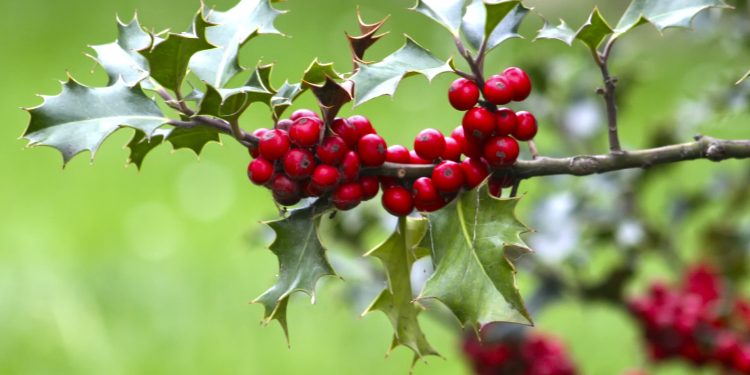The Pernambuco holly was discovered again in the Brazilian state of Pernambuco after being presumed extinct for 186 years.
Scientists in 🇧🇷 Brazil have re-discovered a tree species, known as the Pernambuco holly, that was last seen 186 years ago and was thought to be extinct.
— The Spectator Index (@spectatorindex) September 24, 2023
(Image courtesy of by Fred Jordão) pic.twitter.com/nz8P3C64xr
The small holly tree was identified after four specimens were examined by a local expedition team, according to the Good News Network.
Re:Wild reported that ecologist with Navia Biodiversity Ltd., Gustavo Martinelli, headed the expedition.
The team spent six days searching before they found four Pernambuco holly plants.
Martinelli stated, “The Pernambuco holly is in an emergency situation now,” per Re:Wild. “It could be on the verge of extinction because, as far as we know, there are just four individuals of the species.”
He then concluded, “And these individuals are in an area of degraded riparian forest, despite being protected by law.”
According to Re:Wild, project team member Juliana Alencar celebrated the discovery noting, “The moment when we found Ilex sapiiformis, it seemed that the world had stopped turning its gears.”
“Nature surprises us. Finding a species that hasn’t been heard of in nearly two centuries doesn’t happen every day,” she added. “It was an incredible moment, and the emotion of it was felt throughout the entire team.”
The Pernambuco holly has a quiet history. It was first discovered by naturalist George Gardner in 1838 and not officially recorded by modern science until 1861 by Siegfried Reissek.
Its discovery was shortly followed by its disappearance.
A team from Jardim Botânico de Recife is now caring for the Pernambuco holly and intends to collect seeds from the plants and germinate them, via Re:Wild.
Professor Milton Groppo is also part of this project and stated, “Now, we will be able to better study the species and think about actions to protect and propagate it given that we now know that it is not extinct in nature.”


























 Continue with Google
Continue with Google